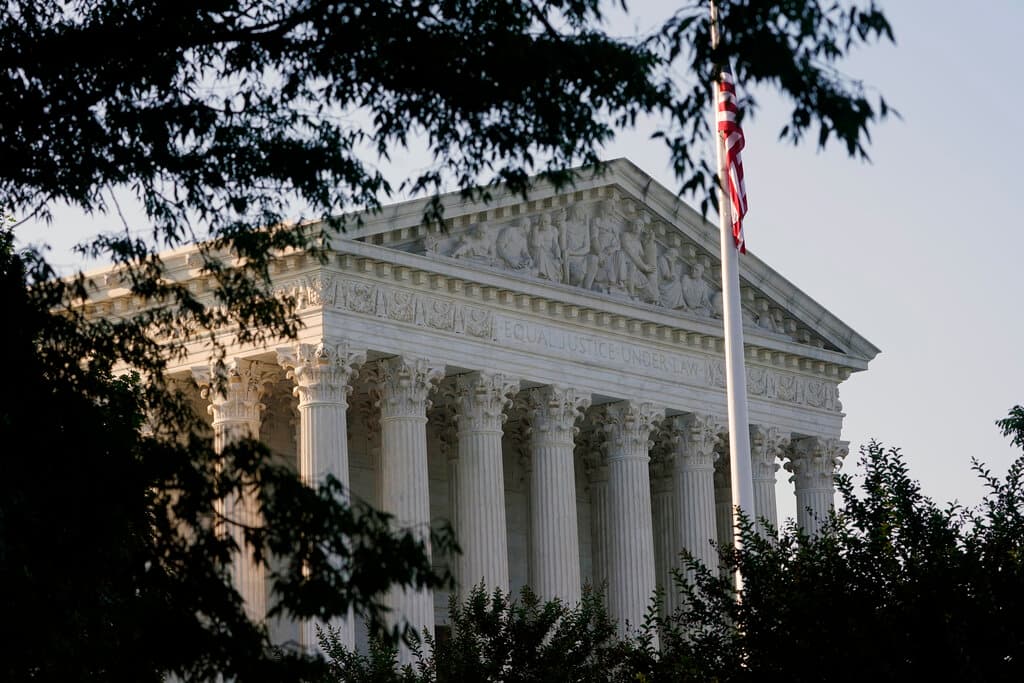Supreme Court Leaker At Large
Sherlock Holmes the court isn’t: The Nine are stumped as to who dunnit in the case of the purloined opinion.

The Supreme Court’s breaking of its silence in relation to the leak of the draft memo of Dobbs v. Jackson Women’s Health Organization runs 20 pages, but includes not one name. The leaker is at large, and what the court calls “one of the worst breaches of trust in its history” is unsolved. The court indicates it will report further if something turns up.
That the leaker is on the lam is the conclusion of both the “Marshal’s Report of Findings & Recommendations” and a separate review of that report by a former judge and secretary of homeland security, Michael Chertoff. Those dispatches were released by the court along with a cover letter, a “Statement of the Court Concerning the Leak Investigation.”
The “Statement” laments the “grave assault on the judicial process,” which targeted the “inviolability of internal deliberations” and went beyond a “misguided attempt at protest” to unsettle the justices’ ability to “deliberate with one another candidly and in confidence.”
Chief Justice Roberts tapped the Supreme Court’s marshal, Gail Curley, to apprehend the leaker, who passed on the draft to Josh Gerstein and Alexander Ward of Politico in May. That investigation has determined that no further investigation is warranted regarding the 82 employees who “had access to electronic or hard copies of the draft opinion.”
All together, the marshal interviewed 97 employees, for a total of 126 interviews. Nevertheless, she found “no forensic evidence indicating who disclosed the draft opinion.”
The court’s statement admits that the marshal’s team “has to date been unable to identify a person responsible by a preponderance of the evidence,” legal shorthand for something that is more likely than not. In his review, Mr. Chertoff confessed that he could not “identify any additional useful investigative measures” not already being pursued.”
Mr. Chertoff allowed that “while there is not sufficient evidence at present for prosecution or other legal action, there were important insights gleaned from the investigation that can be acted upon to avoid further incidents.” He recommends restricting both electronic and hard copies of sensitive documents.
The marshal did find that the leak was likely an inside job, determining that it is “unlikely that the court’s information technology systems were improperly accessed by a person outside the Court.” Covid is partly to blame for creating an “environment where it was too easy to remove sensitive information from the building,” not to mention “work from home.”
Striking a fatalistic note, the report concludes by urging action to “create and implement better policies” regardless of whether “any individual is ever identified as the source of the disclosure.”

